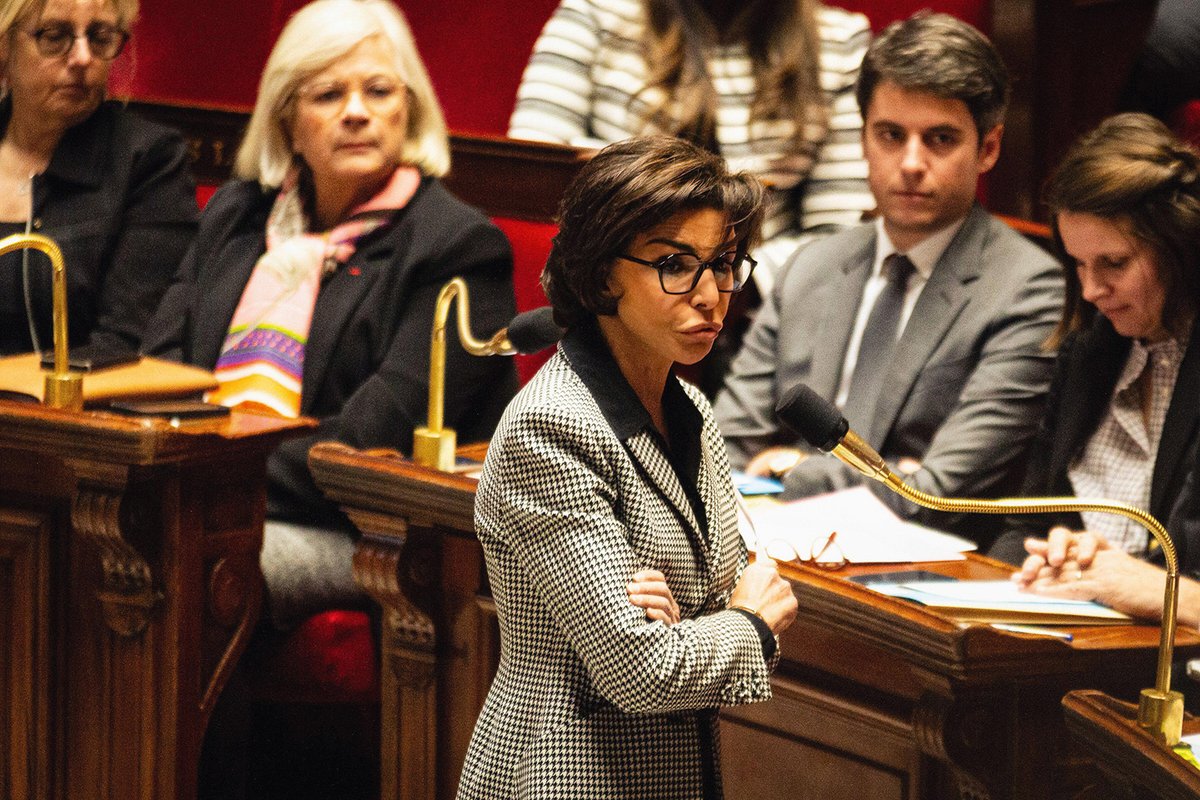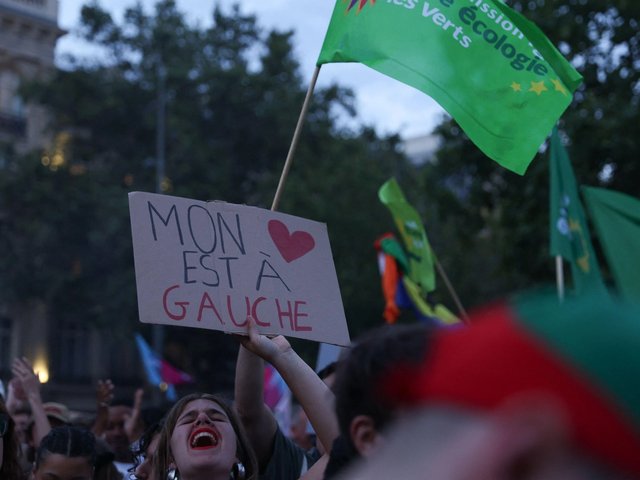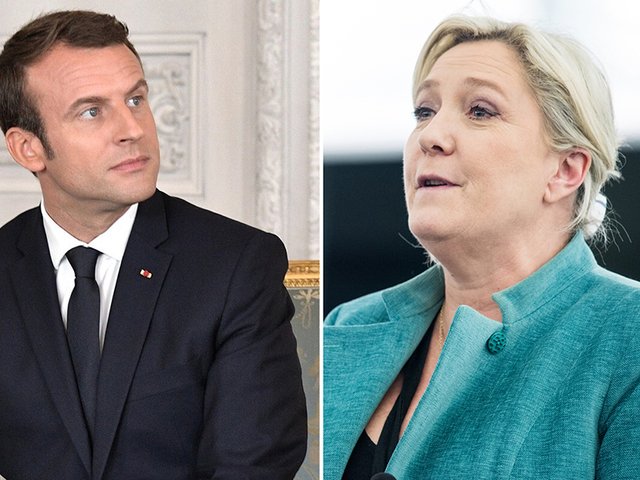The newly appointed French prime minister, François Bayrou, has announced his cabinet which includes Rachida Dati who stays in post as the French minister of culture, while newcomer Eric Lombard replaces Antoine Armand at the Ministry of the Economy. With parliamentary discussions over the 2025 budget scheduled to start again on 14 January, Dati and her cabinet colleagues are now waiting for confirmation on what their respective ministries' budgets will be.
President Emmanuel Macron’s government initially had until 31 December to finalise and publish its budget for 2025. Introducing the budget proposals put to the National Assembly in October, Armand warned that for the country’s public finances to stabilise and its national debt to be reined in to 5% of GDP, instead of the 7% it is projected to reach, cuts of €60bn ($65bn) were needed.
Since Macron appointed Michel Barnier as prime minister in September, and the latter’s cabinet was finally named after prolonged political disarray, ministers across the board had been in tough negotiations for their respective portions of this shrinking pot. There was further turmoil when Barnier resigned earlier this month after parliament voted him out over his fiscal plans, barely three months after he was appointed.
Shortly after being first appointed in January 2024, Dati's department sustained significant cuts of €200m. But, despite ongoing fears of further cuts, Dati may retain the amount allocated to her ministry in 2024—€9bn—after taking that earlier cut into account.
A situation still in flux
This proposed budget, submitted under Barnier, includes €3.7bn for culture (heritage, democratisation of culture, the minister’s fund for cultural policies and more), €4bn for public broadcasting and €700m for media, books and cultural industries. This means the state’s overall culture budget is stabilised, the ministry has said, at its highest level to date.
Until the budget is published, however, things will be in flux. At the end of October, an amendment was floated whereby €150m would be cut from the total culture budget, reducing the minister’s fund by €95m, public broadcasting by €45m and the Pass Culture programme (under which 15- to 18-year-olds can access grants to take part in cultural activities) by €10m. Then in early November, Dati proposed another amendment, which would see €300m added to the heritage budget.
The cultural policies expert Fabrice Raffin points out that relative to €9bn, quibbles over a few hundred million is small potatoes. Unlike in the UK, where previous Conservative governments are largely seen to have driven the cultural sector to the brink with successive austerity measures at every level of government, political allegiance in the French government has (so far) had little bearing on how much is spent on culture. There is an enduring “magical-lyrical belief”, Raffin says, referencing the cultural theoretician Jean Caune, in the virtues and power of the arts.
This comes with its own baggage. The political establishment has long justified its investment in the arguably elitist world of arts and heritage as a means of educating and elevating the general public. But Macron’s dissolution of the National Assembly in July precipitated an electoral crisis that saw the far-right National Rally party (previously the National Front) party make unprecedented gains. Some cultural professionals began to seriously question where they have gone wrong. “What did we not do? What did we do that we should not have done?”, asked the Parisian theatre director Ariane Mnouchkine in an op-ed in the newspaper Libération. “What will we do when we have a National Front minister of culture?”
Contrary to the UK, which amalgamates culture, sport and media into one ministry, France has, on these ideological grounds, always kept culture (arts and heritage) separate from any socio-cultural entertainment, hence sport and young people being the purview of a separate ministry. At 1% of GDP, the French state spends more than most EU members on culture, and significantly more than the UK (0.46%).
Crucially, Raffin says that actual cultural spend, across all branches of government, is much higher than €9bn—as much as €25bn annually. For starters, cultural spend is spread across multiple other sectors, from tourism and young people to sport and ecological sustainability, all of which are funded by different ministries. Few accounts of that national cultural spend take into consideration the public support artists receive through the intermittent du spectacle status, available to people working in live performance, music and moving image.
Moreover, Raffin says regional and local government contributes €9.4bn to cultural production and activity, annually. Many councils, even those in precarious financial situations, spend over 15% of their budget on culture—and some as much as 25%. In a bid to decentralise the country, France is divided into administrative entities called collectivités territoriales, which include 18 régions, 101 départements (broadly similar to counties) and around 36,500 communes (local councils or civic parishes). Raffin says these collectivités have “become the main player in French cultural production".
However, departements alone have run up a cumulative deficit of nearly €10bn. Quite what happens to arts and culture in France when they run out of funds is, perhaps, the bigger question.






